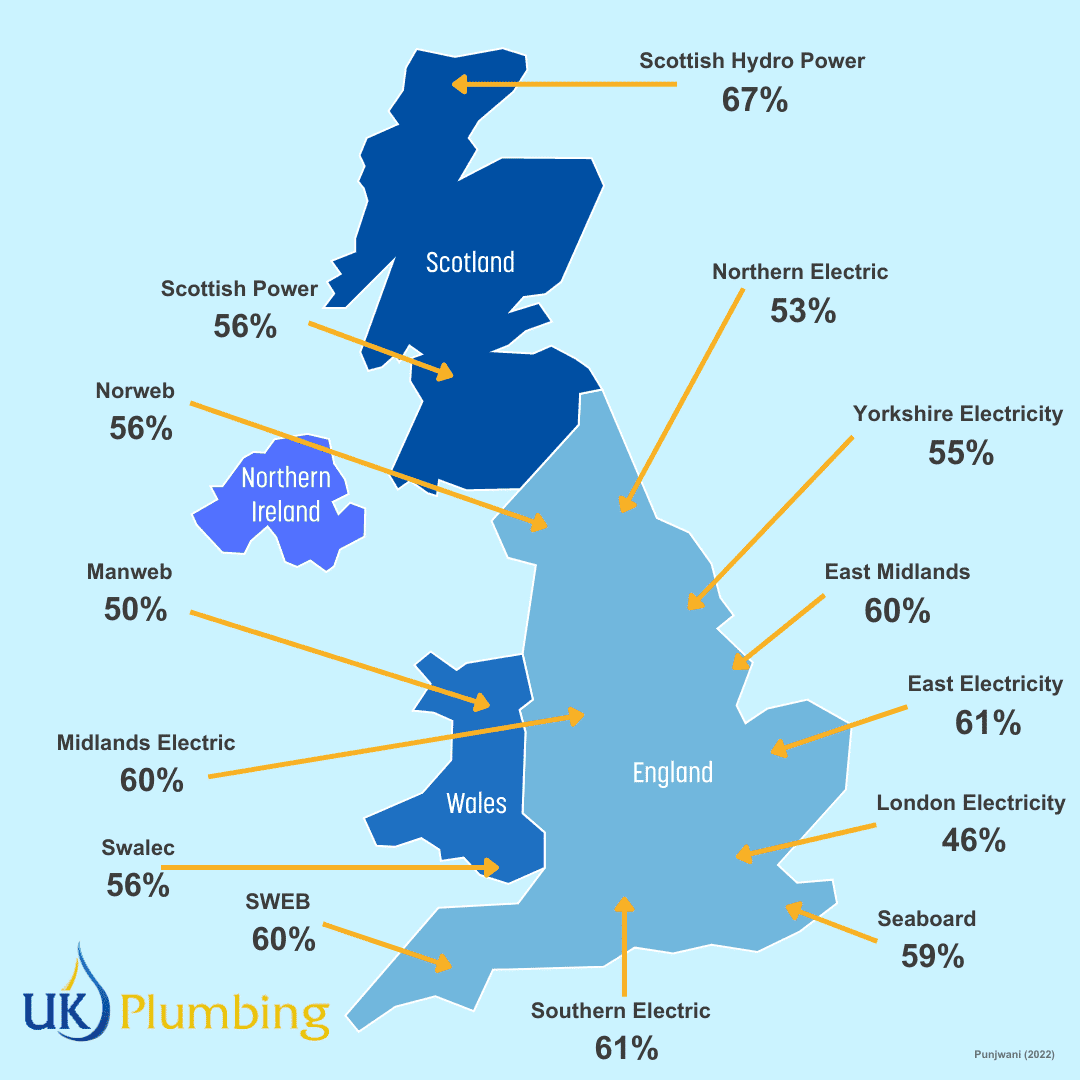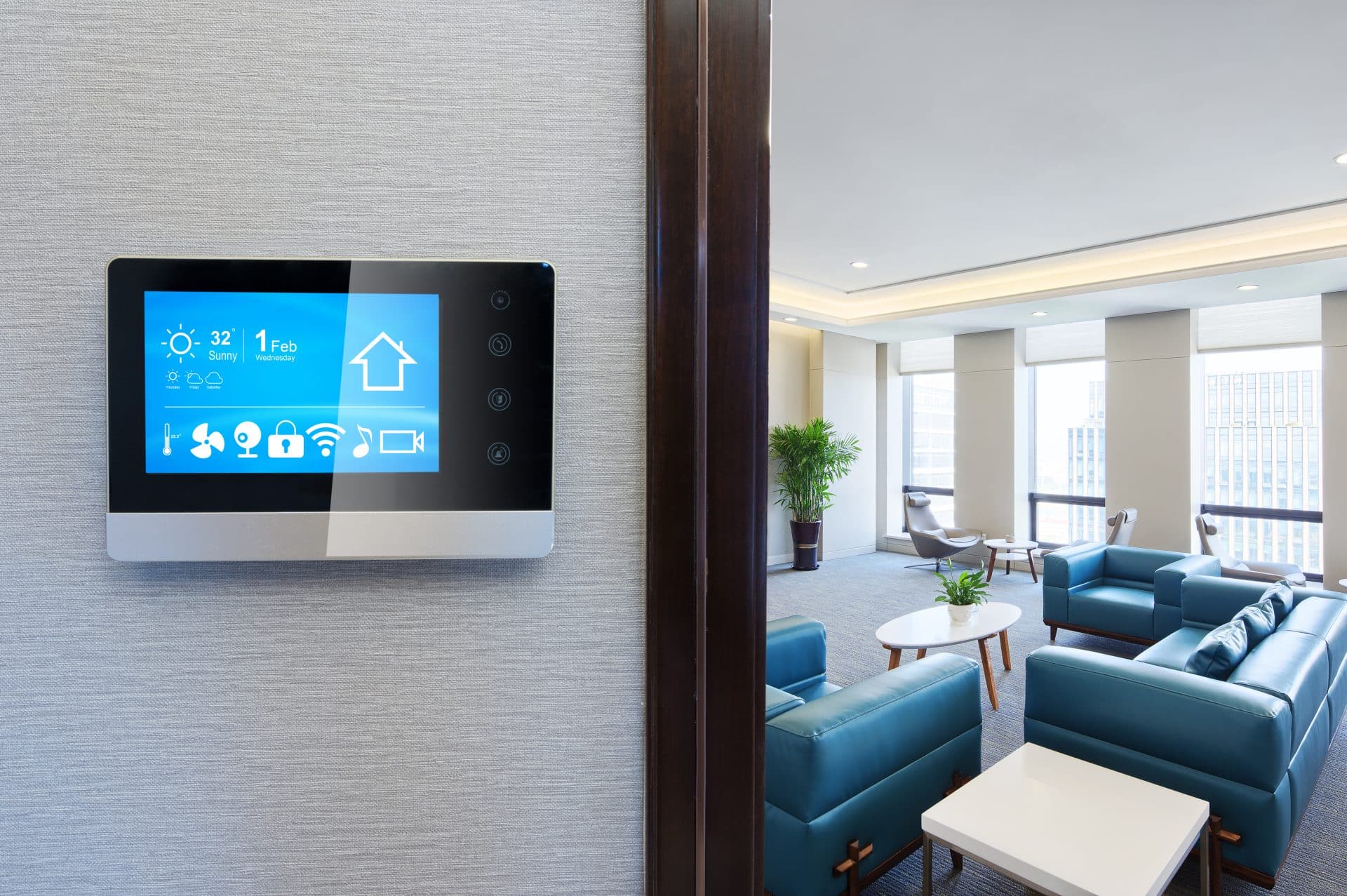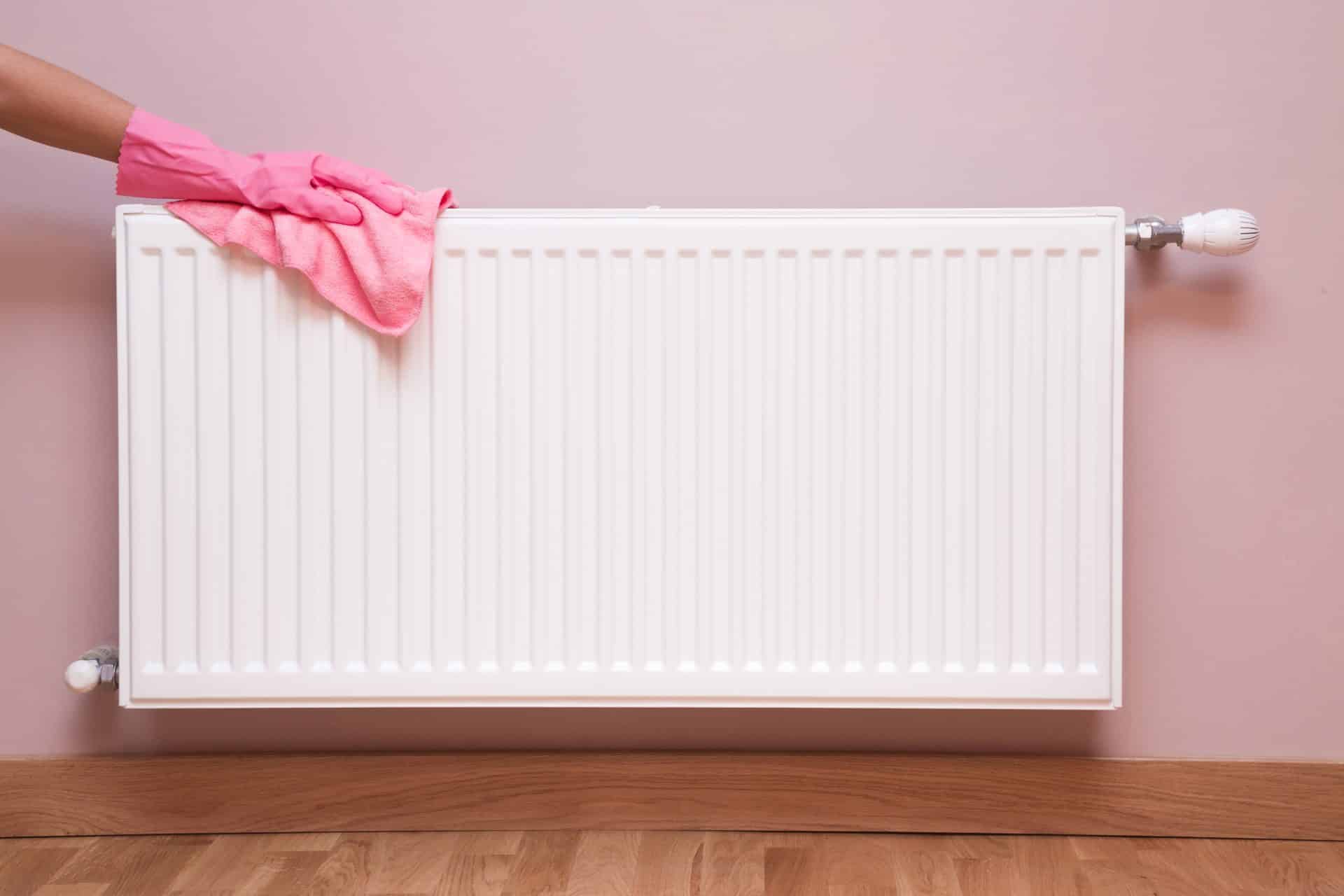The Boiler Upgrade Scheme is designed to help homeowners, self-builders and landlords upgrade their properties from gas/oil boiler (or electric heating) to an Air Source heat pump. The scheme works by offering a voucher of up to £5000 towards the work needed to upgrade.
End User will need to have the system installed by an MCS-approved installer to take advantage of the scheme. MCS register installers can be found here.
Air Source Heat Pumps can be found here.
Energy prices are already at record levels and are set to continue to increase

What’s the point of paying for electricity if you’re not using it? Even though your appliances and electronics are turned off, they’re still using small amounts of energy. Turning off appliances and electronics means you’re stopping waste in your bank and reducing greenhouse gas emissions. We suggest plugging less frequently used electronics into a separate socket so that there not switched on even when you’re using something else.
Electronics that use standby power include:
An easy way to save electricity in your home is to clean out your fridge. Your fridge and freezer run 24/7 making it one of the biggest drivers of energy usage on your bills.
Getting rid of thick ice in your freezer means the appliance runs more efficiently to save your bills.
The coils under your fridge remove warmth from the unit. When the coils get dirty, they won’t lose heat as easily. Removing this dirt and dust will reduce your bills and make your home more energy efficient and can extend your fridge's life.

After you finish cleaning the coils, leave a few inches between the back of the fridge and the wall to allow air to circulate better.
LED lighting is extremely energy efficient and the push around these light bulbs is completely justified. On average LED light bulbs are four to five times as efficient as incandescent lights and measurably more efficient than fluorescent lighting. This is due to producing a large amount of light at a lower wattage, resulting in huge savings over the year.
Your average electricity bill will vary depending on how many people are in a household, having a better understanding of your electricity bill means you won’t pay more than you need to.

Not only will LED lights to save you money but are more environmentally friendly as this light contains no toxic chemicals, win-win!


Did your last month’s bill seem more? With a smart thermostat, you can track your energy usage using real-time data. You can see when you used the most energy in your home and how this can affect future bills, it also offers suggestions to save energy!
Smart thermostats can make your heating more efficient by only warming the rooms you are using. This can be controlled by your phone which means you can have your home at the right temperature at the right time. So you don’t have to go back to a cold home!
Old boilers cost more to run than new ones, upgrading your boiler can help save significant amounts. Although buying a new boiler can cost up to £4,000 and isn’t initially a cheap purchase, that one large sum will save money on your bills over time.
Depending on your household regular boilers are brilliant for large families who need plenty of hot water. Whereas smaller households who need less hot water can save money with a combi boiler. Speak to our team of experts and look at our products.
Radiators are commonly used in your home but are the least cleaned appliance. Built-up dust can cause your radiator to stop working efficiently and ultimately increases your heating bill.

Top Tips:
You should set the thermostatic radiator valves in each room at a low level, then gradually turn them up until the room’s left at a comfortable temperature. Turning up the valves won’t make your room heat up any faster it will just continue to heat the room.
Make sure to position furniture away, this easily reduces your heating bills as your home will be able to circulate efficiently.
If you make everyday small changes this has a large impact in the long term on your energy and heating bills and you’re running a more sustainable lifestyle!
